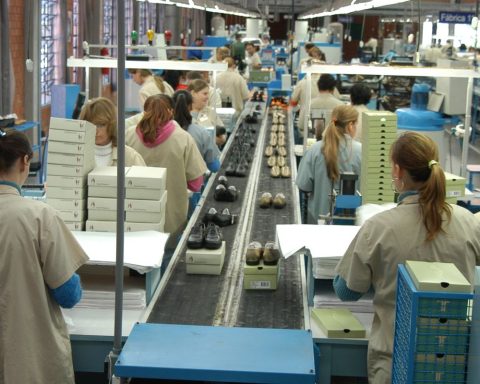The candidate for the Presidency of the Republic by the MDB, Simone Tebet, defended this Friday (9) a 100% readjustment of the SUS table, with annual increases of 25% over 4 years. On a visit to the Hospital de Base de São José do Rio Preto, in São Paulo, the candidate said that resources in the health area are not properly invested.
“Money has it, but it goes through the nooks and crannies of corruption,” said Simone. “That is inadmissible. We do politics ethically, with respect,” added Tebet.
According to the sector entities, the SUS table lag reaches 60%, in historical terms, which results in a debt of R$ 20 billion.
The candidate promised that she will eliminate, in a maximum of 2 years, the queue of surgeries, consultations and exams accumulated in SUS during the pandemic. “For this, we are going to maintain the State of Calamity and create extraordinary credit”, she assured.
Tebet also announced that it will promote the regionalization of health, a project foreseen in its government program, with the creation of about 300 regional centers. The candidate intends to gradually increase the Union’s participation in SUS funding, which is around 42%, but needs to reach at least 50%.
In the early afternoon, Tebet visited the city of Franca, in the northeast of the state of São Paulo. The senator defended the tax reform to generate jobs in the country.
“My proposal is to generate quality jobs, with a formal contract. This is not possible without recovering the power of the industry with stable macroeconomic conditions, qualification of our workers, tax reform that reduces the burden on legal entities and financial aid for the technology and innovation sectors”, said Tebet.
According to the candidate, it is important to reduce the Brazil Cost to stimulate the economy and, consequently, generate jobs and income. “Reducing the Brazil Cost means that the government is on the side of the private sector and the worker. In addition, it is important to open the market to bring the cheapest inputs so that the machines operate with greater agility and lower cost for the productive sector”, she said.

















